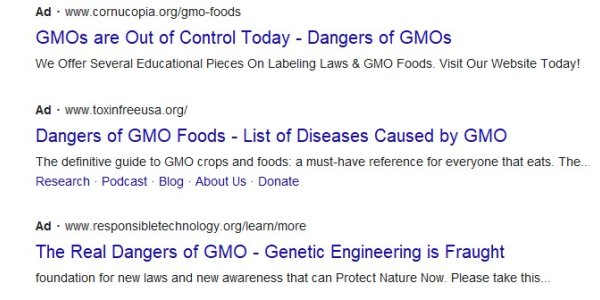Smirnoff
Drake's
Woo meter: 6, for vegan, gluten-free, kosher, Non-GMO Project, USDA Organic, and suggesting they are healthy alcohol.
Square One Cucumber Vodka, which is their regular rye vodka mixed with, you guessed it, cucumber.
There is no GMO rye so I can't figure out what makes this organic. Are they claiming that a toxic chemical weedkiller with an organic sticker, like copper sulfate, is better for the environment than a less toxic 2,4-D chemical that is conventional? Rye's allelopathy means it is weed control, that was one reason to study soil-active herbicides, so does it need chemicals at all? I suppose you do if you are selling it commercially. Margins are tough.
Woo meter: 2, for organic and adding cucumber to vodka.
Rain Organics Vodka. They claim their non-GMO corn is from one farm in Illinois. No problem with that. But their bizarre Modern Slavery Act of 2015 and California Transparency in Supply Chains Act of 2010 Statement is weird, since the corn is grown in Illinois and distilled in Kentucky. Are they assuring us that on the highway between the farm and their distillery they are preventing slavery and human trafficking in their supply chain? Or is this just virtue signaling, since no one is for slavery? Neither, it is legally required because this is a multinational conglomerate selling a folksy organic brand...alongside about a hundred conventional alcohol products. Many of which comes from countries where human trafficking may be happening, so the company has to state that they asked their vendors if they do human trafficking or use slave labor and the companies said no.
Which is a lot like organic certification.
Also, if your website requires enduring Flash animations and it is later than 2003, you are just annoying everyone.
Woo meter: 3, for organic, gluten-free, virtue signaling about ethically superior booze.
6. Papagayo Organic Rums.
The rum is only organic because there is no GMO sugarcane. Except in absence of any GMO sugar cane to oppose, marketing groups came up with other stuff, like this:

You are organic if you are certified, as in the top, but at the bottom the certification is done by a company created to sell organic stickers. In the U.S., there are over 80 companies engaged in this business of certification, and not a single one does surprise spot checking of organic farms.
For one very good reason. They are not in the business of losing customers.
A Caribbean Journal writer can be forgiven for being duped by organic marketing claims they use no chemicals. Whole Foods, part of Amazon, has lied to the public this way for their entire existence. And 'your own yeast' is a pointless criterion.
Woo meter: 2, for organic and virtue signaling about the size of the family farms in Paraguay getting paid peanuts so this company has sugar to process. There are 2.1 million small family owned farms in the U.S., half of which make just $10,000 a year or less. That means they pay 100 percent in property taxes to work. Who does the organic industry vilify using trade groups like Organic Consumers Association and a bevy of New York University Journalism department cranks? All of the 2.1 million small family farms that don't buy an organic sticker.
Rum and vodka are not alone on the woo train. We also have Benromach Organic Speyside Single Malt Scotch Whisky.
Woo meter: 2, for organic and casking their Scotch in virgin oak. I am sure that sounds terrific to people more and more removed from all manner of trades, in the same way primitives in the past believed sacrificing a virgin female would improve their fortunes, but if you use virgin casks you are just cheap and don't care about the product.
Leave virgin oak to the bourbon drinkers or else we're all on the way to oak chips thrown into steel vats.
Prairie Organic Vodka.
It's commune vodka. The farmers who grow the organic corn also own the distillery. I don't want to buy a smartphone made by the person who dug the rare earth metals from the ground but to organic shoppers farming and distilling vodka don't really require any kind of skill they can recognize, so it might make sense one can be good at the other.
Yet another organic vodka, Prairie is made in Minnesota, and stands out because the farmers who grow the corn for it also own the distillery, converting the leftover corncobs and other biomass into biogas to power the stills. Mix it into one of CHOW’s vodka cocktails.



